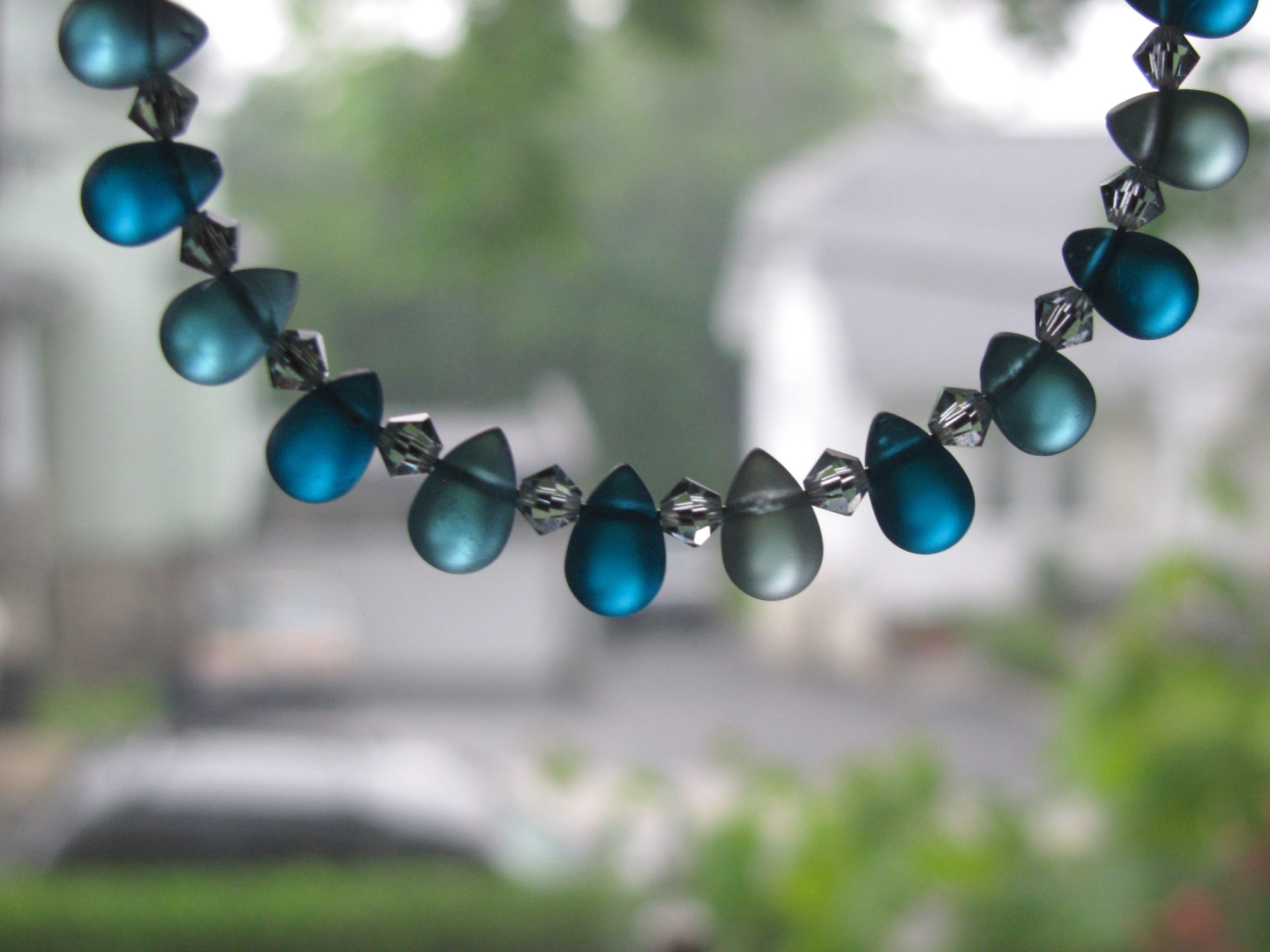The baby imprints
her face to your face
forehead to forehead,
mouth to mouth, blowing raspberries on
any soft part of you.
Embrace fleshiness
thick legs strong.
Carry the four-year-old on your back,
the one-year-old on your hip.
Your arms
surround these children
who press themselves
into your body.
Boundless love,
a great acceptance of you
as you are right now:
disheveled, mussed, tired,
unsung in any circle
but this one.
—Lara Payne
First appeared in SWWIM Every Day. Used by permission of the poet.
